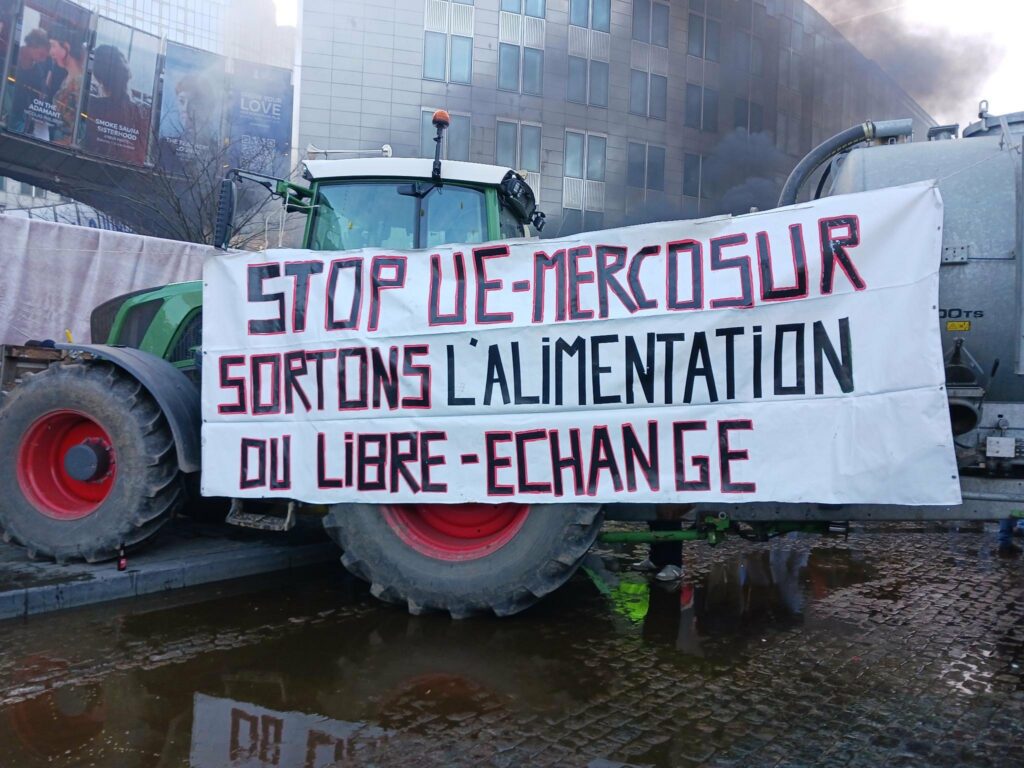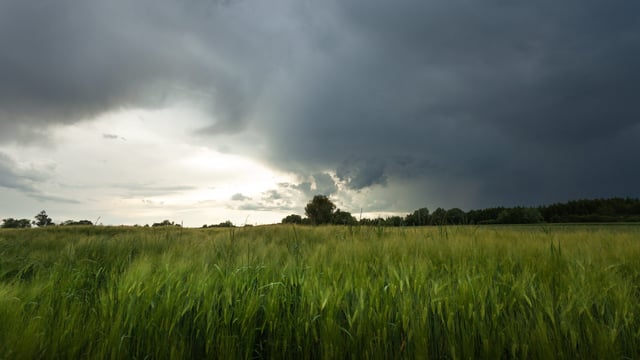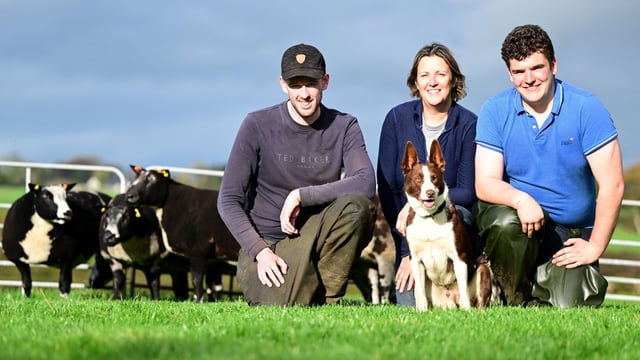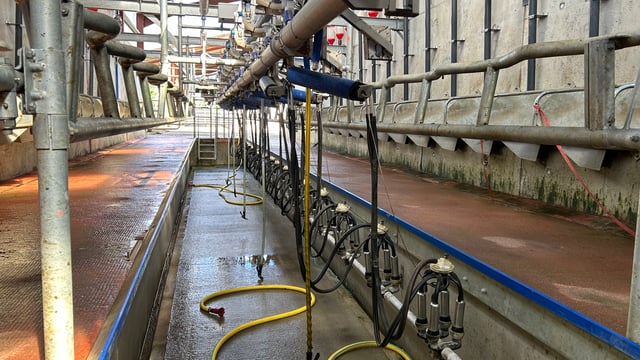EU-Mercosur deal betrays European farmers - farm orgs
The EU-Mercosur trade agreement betrays European farmers, workers, consumers and the environment, according to a group of European agri-food and trade organisations.
The organisations, including Copa Cogeca, have come together to warn against the "severe risks the agreement poses to EU food security, environmental goals, animal welfare, labour standards and farmers’ livelihoods" from the deal.
A joint statement has been released as the European Commission seeks to push ahead with the controversial trade deal with the four Mercosur countries of Brazil, Argentina, Paraguay, and Uruguay.
The agreement will allow 99,000t carcass weight of Mercosur beef - mainly from Brazil - to enter the EU at a much reduced tariff rate of 7.5%. The quantity of beef under this quota will be phased in over a five-year period.
On poultry, the EU will allow a quota of 180,000t of poultry to be imported duty-free. This volume will be phased-in over five years.
Mercosur
In the statement, the groups warn the proposed deal "raises serious concerns about environmental and social dumping".
They claim that Mercosur producers often operate without the same stringent safeguards on labour standards, animal welfare, deforestation, pesticide use, sustainable land management, and carbon emissions which EU farmers must comply with.
"The sustainability provisions of the deal are neither binding nor sufficient to prevent adverse health, environmental and employment impacts, leaving EU farmers and the economy exposed to unfair competition.
"The economic strain and falling prices on EU producers are already evident, with one-third of EU poultry imports (in both quantity and value) already coming from Mercosur countries, and increasing volumes of beef, sugar, maize, honey and ethanol poised to enter the EU market.
"The lack of reciprocity in production standards and costs, combined with market deregulation, further exacerbates this imbalance, creating an unlevel playing field that risks job losses, farm closures, and factory shutdowns across Europe," the statement outlined.
The groups believe the deal would undermine consumer trust in European food.
They pointed to sanitary risks as audits from the EU's Directorate-General for Health and Food Safety (DG SANTE) revealed deficiencies in Brazil’s surveillance of avian influenza (bird flu).
"Concerns also arise from the lack of full traceability in some Mercosur countries, which is particularly problematic for beef imports, as it prevents any certainty regarding the true origin of the animals and whether production is linked to deforested areas," they said.
The statement also raised concerns about heightened labour exploitation risks "due to weaker labour protections in Mercosur countries".
Safeguards
The groups dismissed the "safeguards" outlined by the European Commission as "nothing more than a communication tool to sell the agreement".
"Thresholds and triggers are not relevant or are set so high that they would be nearly impossible to activate, offering no real protection to affected sectors.
"The agreement also falsely claims environmental, labour and deforestation protections, as its so-called clauses lack enforceability, with no sanction mechanisms to ensure compliance," they said.
The statement also slammed the "rebalancing mechanism" which it said "demonstrates the EU’s inability to defend its own standards in this deal".
"This deal remains unacceptable, a betrayal of farmers, workers and consumers, compounded by questionable democratic and judicial procedures.
"What we need are coherent policies that support EU sovereignty and sustainability and for trade to be transparent and fair," the groups said.
Protest
A farmer protest against the proposed Mercosur deal took place outside Leinster House yesterday (Thursday, November 13).
The protest was organised by the Irish Cattle and Sheep Farmers' Association (ICSA) with representatives from other farm organisations and rural groups supporting it.
Several politicians also lent their support to the protests and were particularly strong in voicing their opposition to the Mercosur deal.
Many of beef farmers who were at the protest are concerned about the potential impact of beef imports to Europe from Mercosur countries if the deal goes ahead.












